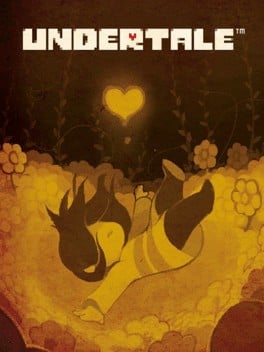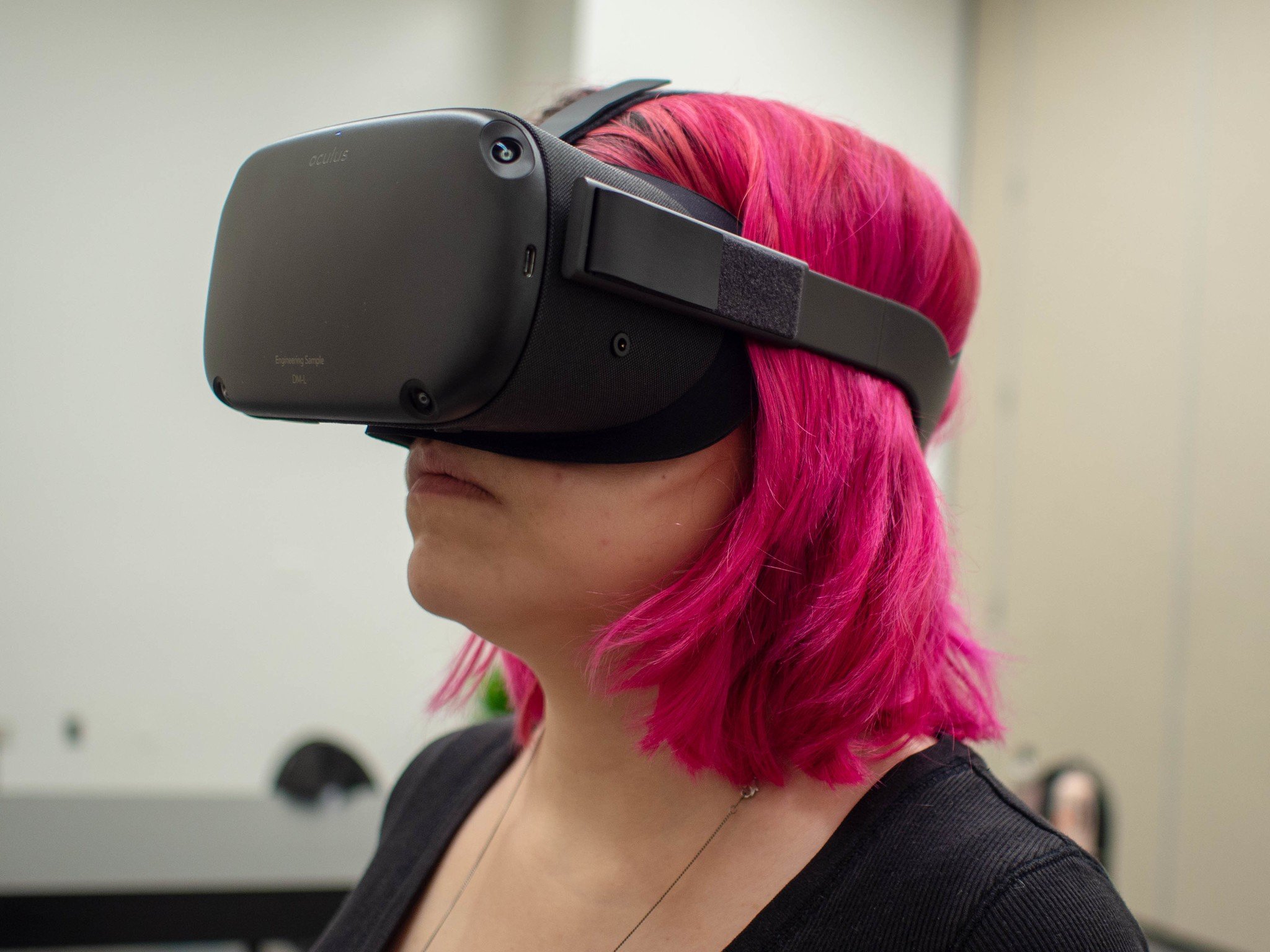Our favorite LGBTQ+ inclusive games and why we support them
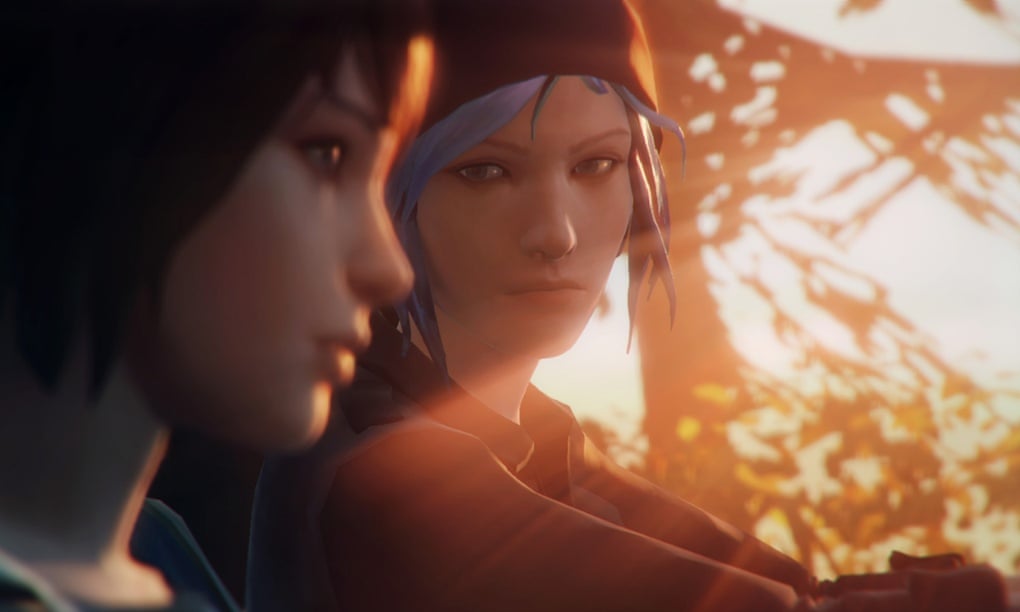
It's not controversial to say that a lot of media is lacking in LGBTQ+ representation, and that includes games. Although we've come a long way in just the past decade, there's still a long way to go in terms of equal inclusion across the board. That's not to discount, however, the game changers that exist in this industry, and the strides studios and individual creators are making to change that.
So for Pride month this year, we're taking a look at the games that have made us proud. Whether they pushed the industry forward in terms of representation or just had a respectable, adorable romance, we want to celebrate. While a lot of these entries aren't perfect (nothing is, really), you can't deny that they either changed the way we view romance or sexuality in games or were just plain great to see.
Borderlands series — Gearbox Software
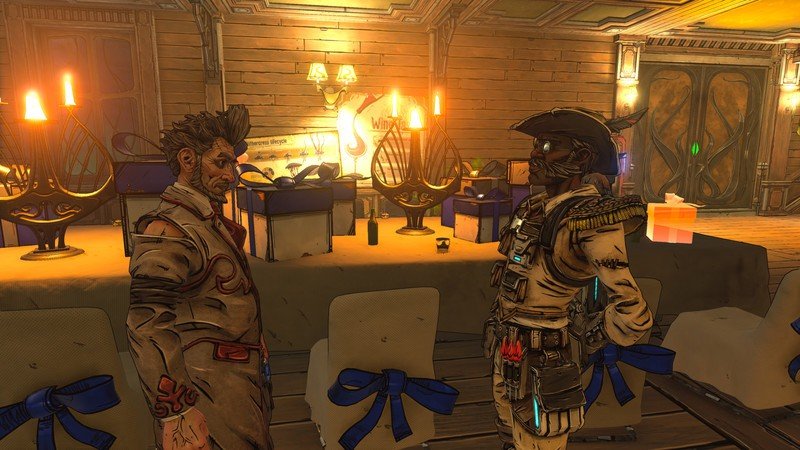
While the Borderlands series is mostly known for frantic gameplay and a lot of edgy humor (for better or worse), it's been at the forefront of LGBTQ+ representation in games. Lesbian, gay, and bisexual characters have been heavily featured since Borderlands 2, but more importantly, the writers have treated them with respect. Characters like Tiny Tina, Sir Hammerlock, Athena, and others are just as important to the fabric of Pandora as others, and their sexualities are often just a part of who they are. Occasionally, it gets moved even more to the forefront, such as in the Borderlands 3 DLC "Guns, Love, and Tentacles: The Marriage of Wainwright and Hammerlock."
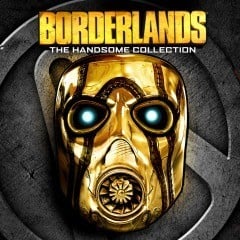
A classic action RPG
Borderlands has been pushing LGBTQ+ representation for nearly a decade now, so why not go back to the early entries in the series? The Handsome Collection features Borderlands 2 and Borderlands: The Pre-Sequel, which both feature LGBTQ+ characters and relationships.
Butterfly Soup — Brianna Lei
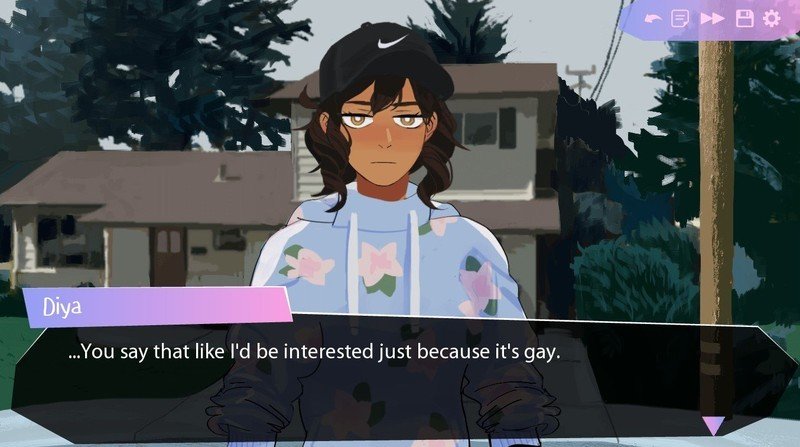
LGBTQ+ representation is important, of course, but so is the representation of other diverse backgrounds. Brianna Lei's indie title Butterfly Soup from 2017 beautifully combines these two ideas by following the stories of four Asian girls in high school as they play baseball and fall in love, per the logline. Not only does the game live up to this description, but it does so with a lot of heart. You get quirky, relateable humor, along with some deep, touching moments about growing up and learning what's important — which in this case is a whole lot of friendship.
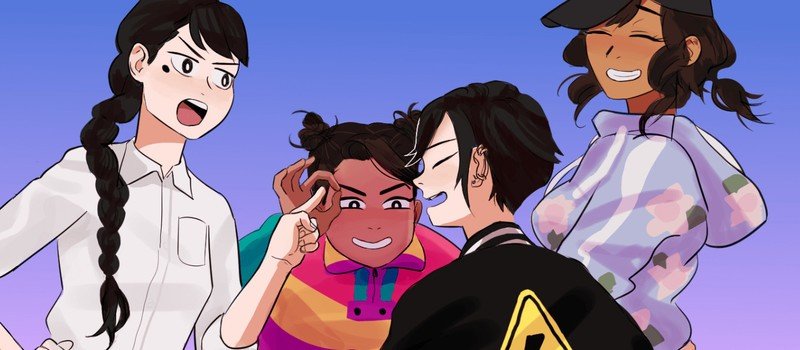
The power of friendship
If you're looking for something a bit quieter this month, why not check out Butterfly Soup? It's a slice-of-life sim about four friends, growing up, and falling in love.
Dragon Age series — Bioware
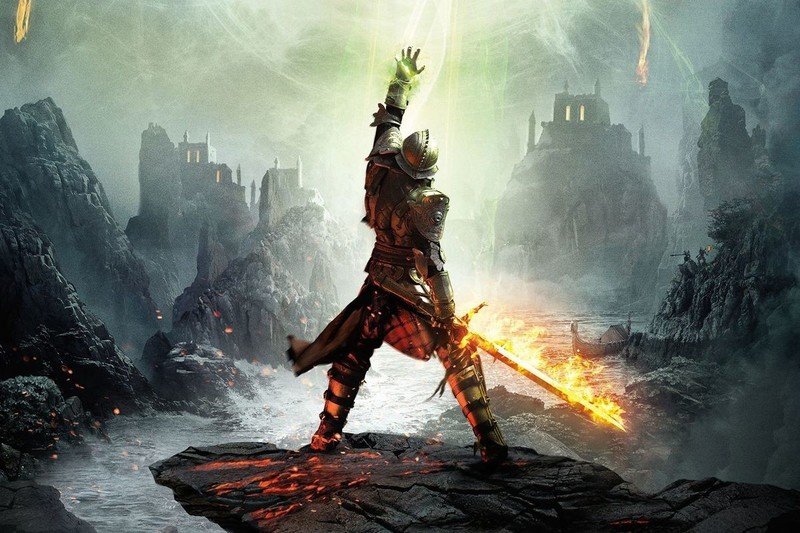
You can't have a conversation about LGBTQ+ representation in games without talking about Bioware. The studio, which was best known for story-driven RPGs with branching narrative choices, set a standard in early entries like Knights of the Old Republic, but then raised it with arguably its two biggest series: Dragon Age and Mass Effect. Both are included on this list, but we'll start with Dragon Age, a more traditional fantasy RPG set in the world of Thedas. Throughout the series you'll play multiple characters, but in typical Bioware fashion, you can choose how you want to play and, more importantly, who you want to play (I'm sorry). Engage in both hetero and homosexual relationships, if you so choose, with a variety of humanoid creatures. The best part is that a lot of them are just great characters to interact with.
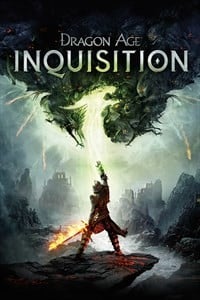
Bioware: Part I
Bioware has you covered in a lot of genres, but if you want some high-fantasy, you'll want to dig into Dragon Age. Since the games are only partially connected, you can pick up with arguably the best one: Inquisition.
Dream Daddy: A Dad Dating Simulator — Game Grumps
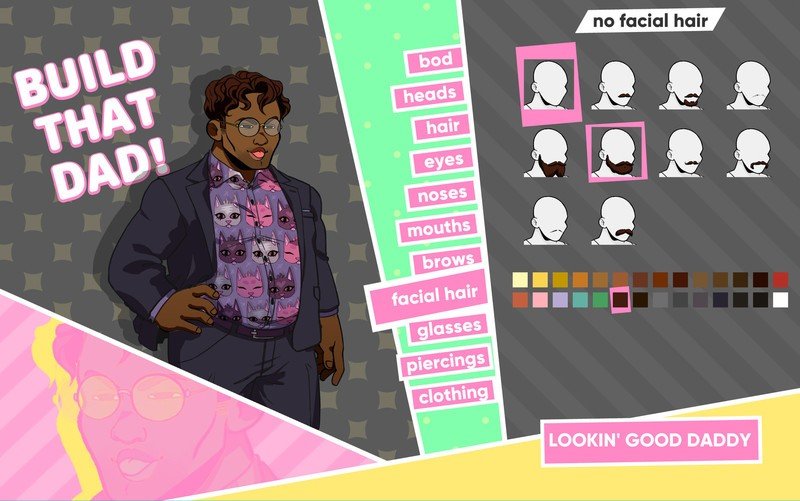
Dream Daddy has the kind of ridiculous concept that only works in specific gaming genres. Luckily for Game Grumps, the YouTube personalities behind the title, Dream Daddy is a visual novel/dating sim, so everything just works. Beyond just the diversity of dads on display — including multiple body types, sexualities, and gender identities — players can also use the character creator to build a dad on their own, which includes a binder option. Players can rarely create characters with binders in even the most intricate character creators, and now we can't go back.
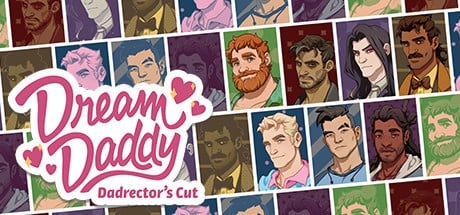
Get a kiss from daddy
Don't get distracted by Dream Daddy's hilarious premise. This is a heartfelt game with a surprising amount of diversity among its dream dads. You can even customize your own!
Gone Home — Fullbright
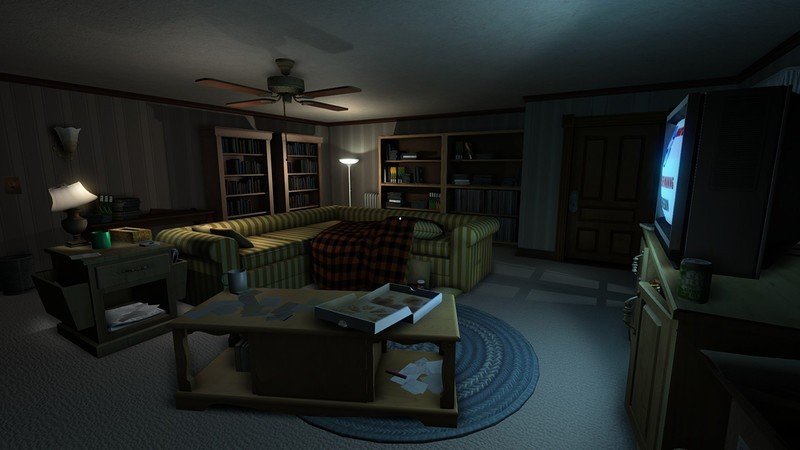
Many people cite Fullbright's Gone Home as one of the first popular game releases to highlight a lesbian lead character when it came out in 2013. While that's tough to say for certain, the game's influence on the conversation at the time cannot be understated. Not only did it provide a sensitive portrayal of a girl coming into her own, but it subverted expectations and gave us an actually uplifting ending. The studio's follow-up, Tacoma, also featured LGBTQ+ characters, along with some key environmental set dressing that normalized those relationships.
Be an expert in 5 minutes
Get the latest news from Android Central, your trusted companion in the world of Android
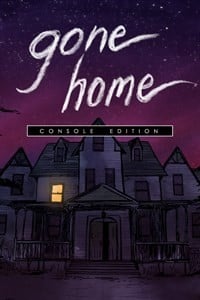
These objects tell a story
Return to 1995 as you return home to an empty house and have to figure out what happened to your family. It might seem spooky at first, but Gone Home is a genuine tale of coming out and figuring out your identity, all told through objects left behind.
Life is Strange Series — Dontnod Entertainment/Deck Nine
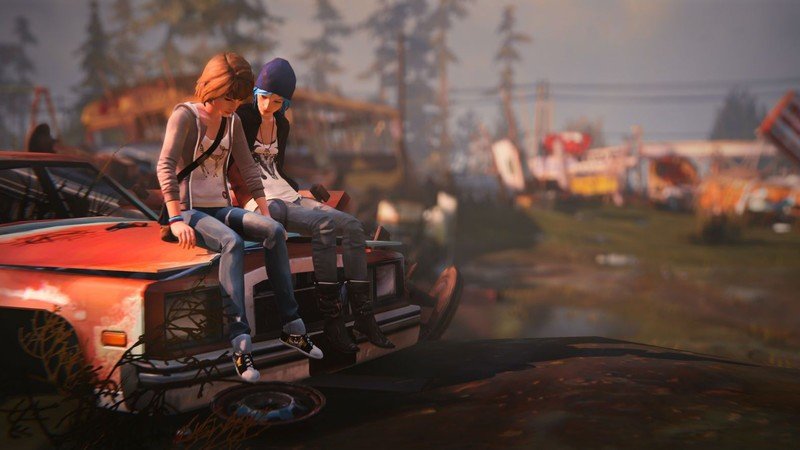
Dontnod has made a name for itself in the LGBTQ+ space thanks to the Life is Strange series, which featured multiple queer characters. The first game, in particular, featured a canonical same-sex relationship that was revolutionary at the time. Life is Strange: Before the Storm, which the studio made with Deck Nine, continued that tradition, along with the official follow-up, Life is Strange 2. Dontnod also has the distinction of creating the first game with the "first playable videogame hero from a major studio and publisher who is also transgender" with Tell me Why. If you haven't played Life is Strange yet, you'll do well picking up from the first series and going from there, but it only gets better.

The real world meets the supernatural
The Life is Strange series is both down-to-Earth and supernatural, a great combination for a story-driven game about teenage girls in the Pacific Northwest. The first game tells a story about time travel, but also a great relationship that needs to grow to survive.
Mass Effect Series — Bioware
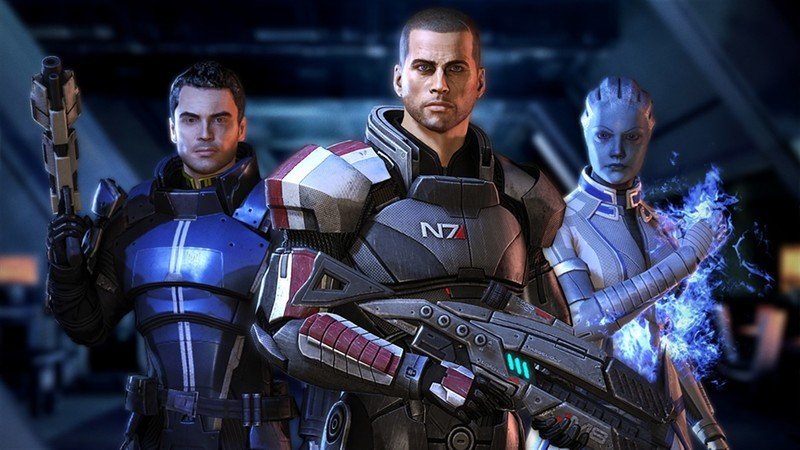
Coming back to Bioware, we have the Mass Effect series, which included same-sex relationships you also could engage in if you wish. While it wasn't perfect (why couldn't I romance Jack as FemShep when Jack is canonically bisexual, Bioware?), it struck a big nerve in the gaming world and beyond. Since then Bioware has been changing gears with non-RPGs like Anthem, but the impact Mass Effect had on the LGBTQ+ conversation is huge. With both this and Dragon Age, Bioware cemented itself as the model for representation in the gaming world for years. The biggest difference is that with Mass Effect, you follow one character and your relationships carry over from game to game.
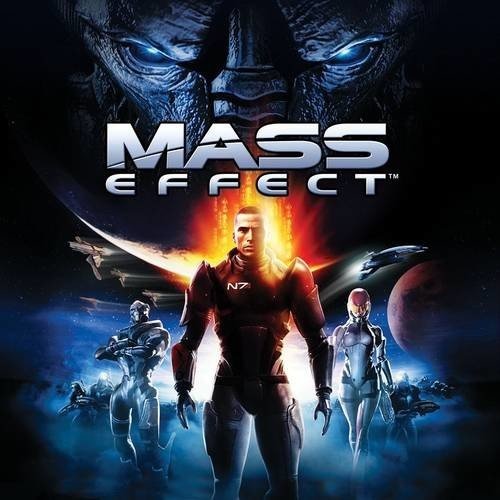
Bioware: Part II
Fight the Reapers and save the universe in this classic sci-fi RPG trilogy. You take on the role of Commander Shepard as you pilot the Normandy, gather a crew, and take part in some great relationships along the way.
The Missing: J.J. Macfield and the Island of Memories — White Owls Inc.
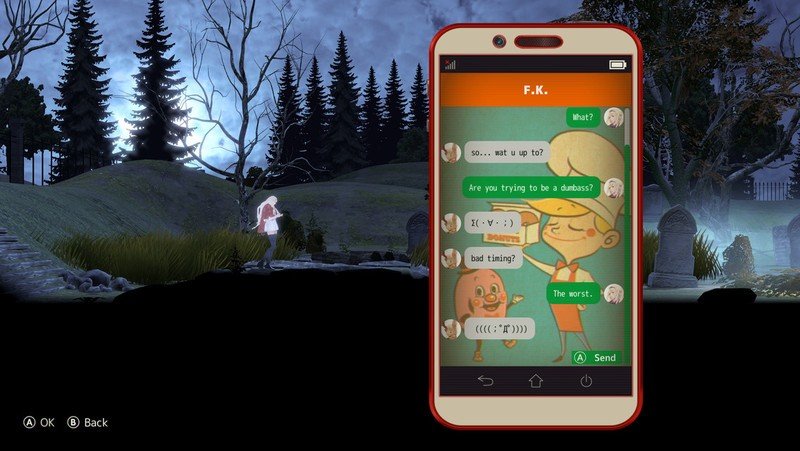
Some games, like Dream Daddy, feature LGBTQ+ characters but don't explicitly state specifics about their identities. The Missing wears that on its sleeve. The story, which follows a trans lesbian named J.J., is about becoming happy with who you are, along with the struggles and tragedy that can happen along the way. The Missing isn't for everybody since it touches strongly on themes like mental illness, including self-harm and suicide. However, the game's frankness about a part of the queer experience and its uplifting end message somehow makes it universal.
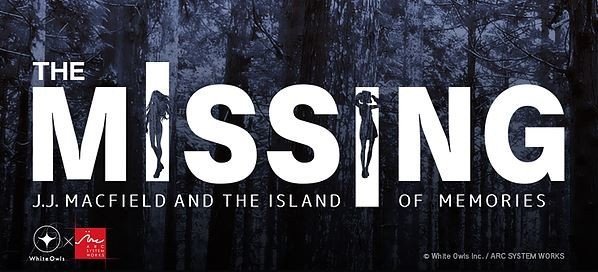
Get to the end
Make no mistake — The Missing can be bleak. However, it's also about acceptance and the connections you make with others, ultimately crafting a beautiful, even uplifting narrative about the queer experience.
Night in the Woods — Infinite Fall
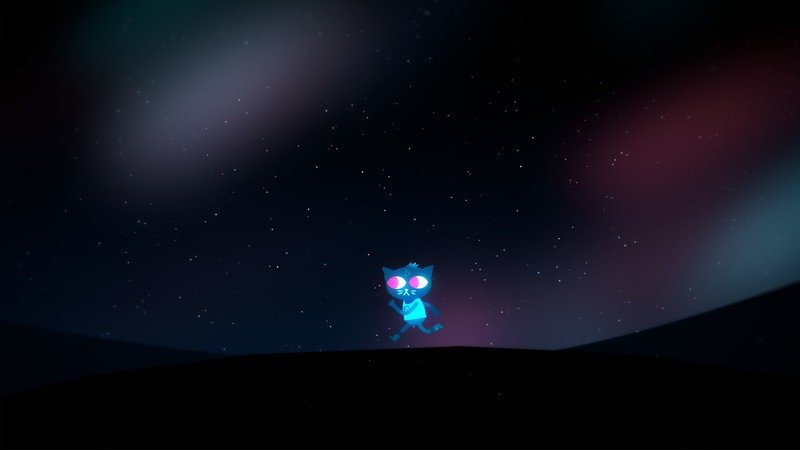
The indie studio has only developed one game so far — Night in the Woods — but what an impact it made with just that title. Night in the Woods features two gay supporting characters, Gregg and Angus, in a flawed but healthy relationship. Our lead, Mae, who is going through a lot of personal struggles throughout the game, is not overtly LGBTQ+ in the game itself but was identified as pansexual by game creator Scott Benson. Other characters throughout are also part of the community, meaning the game is chock-full of representation. It's also a heartfelt and beautiful game about the death of small towns, depression, and isolation with a lot of humor and a quirky yet spooky atmosphere. It's a unique title that sticks with you long after it's over.
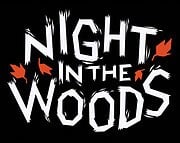
Crimes? Crimes!
Follow Mae as she returns home to her small, coal-mining town and has to deal with the consequences of her actions, a possible conspiracy, and rebuilding the relationships she left behind.
The Outer Worlds — Obsidian Entertainment
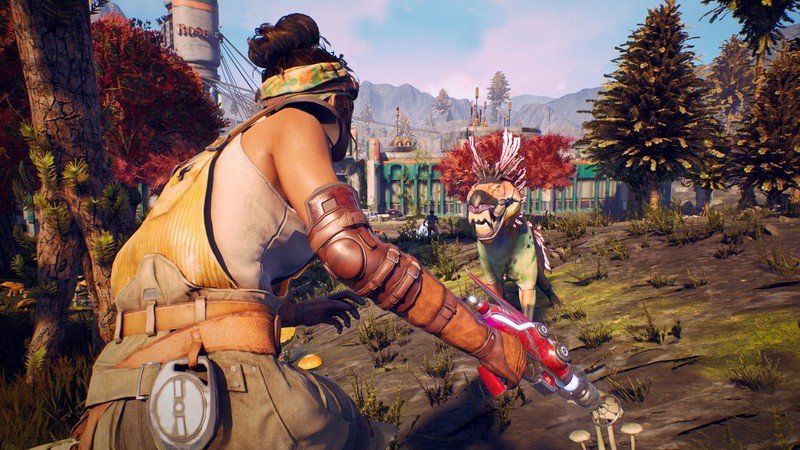
There are parts of the LGBTQ+ community that are still underrepresented in media, especially compared to their counterparts. Asexuality, in particular, is often misunderstood, even by other queer people. That's why it was a breath of fresh hair to meet Pavarti in The Outer Worlds, who identifies as asexual. She's one of your party members, so you also get an optional sidequest to help her confess her love for an NPC. It helps also that narrative designer Kate Dollarhyde, who didn't create the character but did a lot of the work, identifies as asexual, leading to a sympathetic portrayal, along with a great explanation of asexuality as a whole.
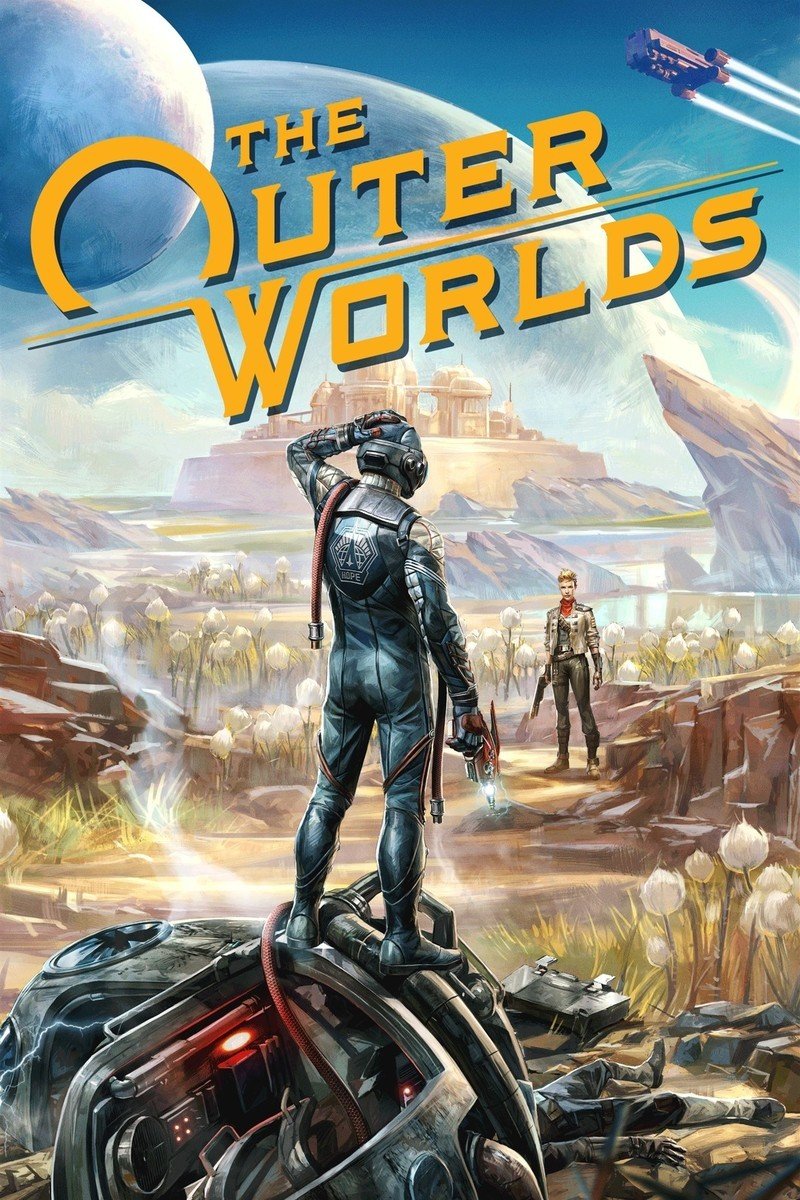
An RPG from the minds of Fallout: New Vegas
The Outer Worlds is Obsidian Entertainment at its best. It's a tightly-focused role-playing game where your choices matter, down to your dialog options. It's also full of memorable characters and settings.
Pathfinder series — Owlcat Games
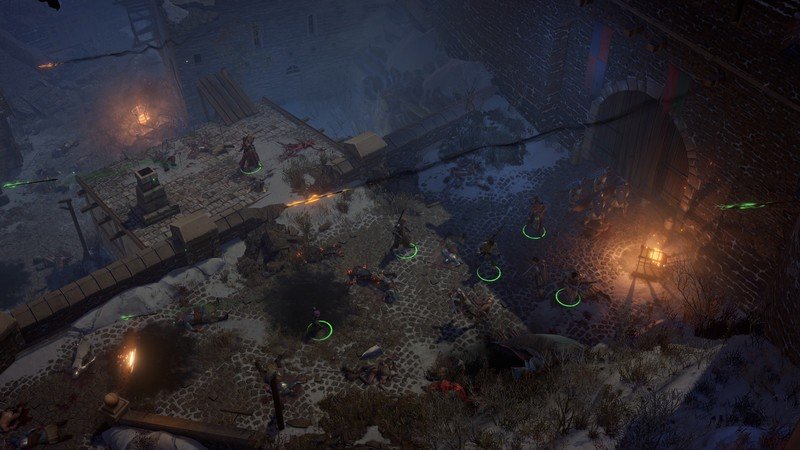
The Pathfinder tabletop RPG series has long been a proponent of LGBTQ+ representation. Shardra Geltl, for instance, was the game's first iconic transgender character and she was introduced back in 2014. Owlcat Games, which are working on the video game entries in the franchise, has continued this tradition. In Wrath of the Righteous, the CRPG that was successfully Kickstarted and is in development, features a major plotline in the main story where your paladin companion, Irabeth, gives up her sword to help her wife magically transition, which both fits perfectly within the series' high-fantasy roots and is delightful.
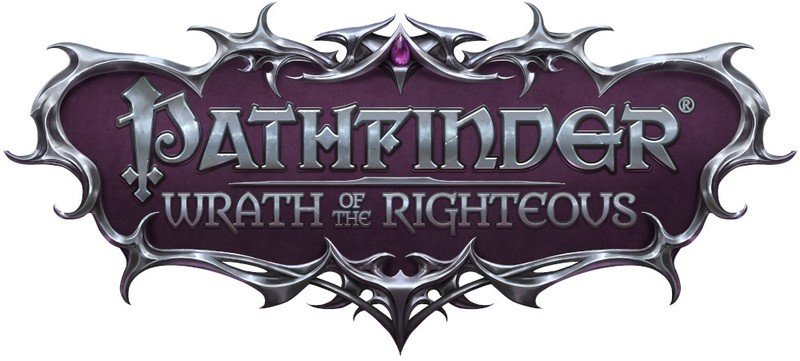
From the tabletop to the computer
This upcoming CRPG from the long-running Pathfinder series is full of LGBTQ+ representation. After a successful Kickstarter, we can't wait to see what Owlcat Games does with the franchise.
Stardew Valley — Eric "ConcernedApe" Barone
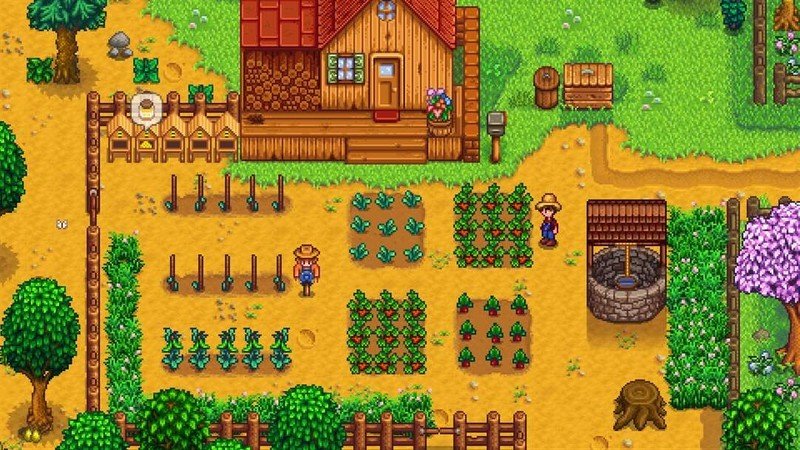
A lot of games have relationship options that could be considered LGBTQ+ friendly. Skyrim, for instance, lets you romance any of the NPCs regardless of gender. However, Stardew Valley, an indie farming/life sim, does it the best. One of the things you can do in your new town is romance one of your neighbors, get married, and have kids. You can't do it with just anyone though. While there are a lot of homosexual relationships available, not every character is available to romance. Plus, once you get to the "having a kid" stage of the game, you can just adopt. It's a heartwarming game about building a new life for yourself and the calmness of working with your hands, but it's also a game where the characters take center stage.

Grow your farm and your relationships
Stardew Valley is an excellent slice-of-life farming simulator that has you taking care of an overgrown farm in a new town. Grow crops and your relationships along the way to happiness.
The Sims — Electronic Arts
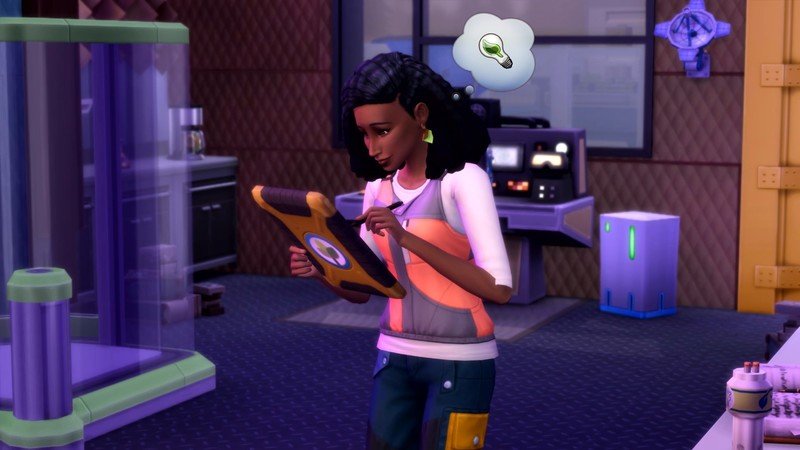
Electronic Arts has been doing quite a bit internally to make things better for their LGBTQ+ employees. It's been included multiple times on HRC's corporate equality index for working against discrimination internally, but it's also been holding LGBTQ+ events since the early 2010s. While it currently owns Bioware, so it has that LGBTQ+ representation under its belt, it's also made significant steps on its own with The Sims franchise, specifically The Sims 4. The series has allowed same-sex relationships for years now, but newer content in the latest entry includes Pride clothing, a gender-neutral bathroom door, and gender settings that allow players to customize how your Sim dresses, appears, and even if they use the toilet standing or sitting.
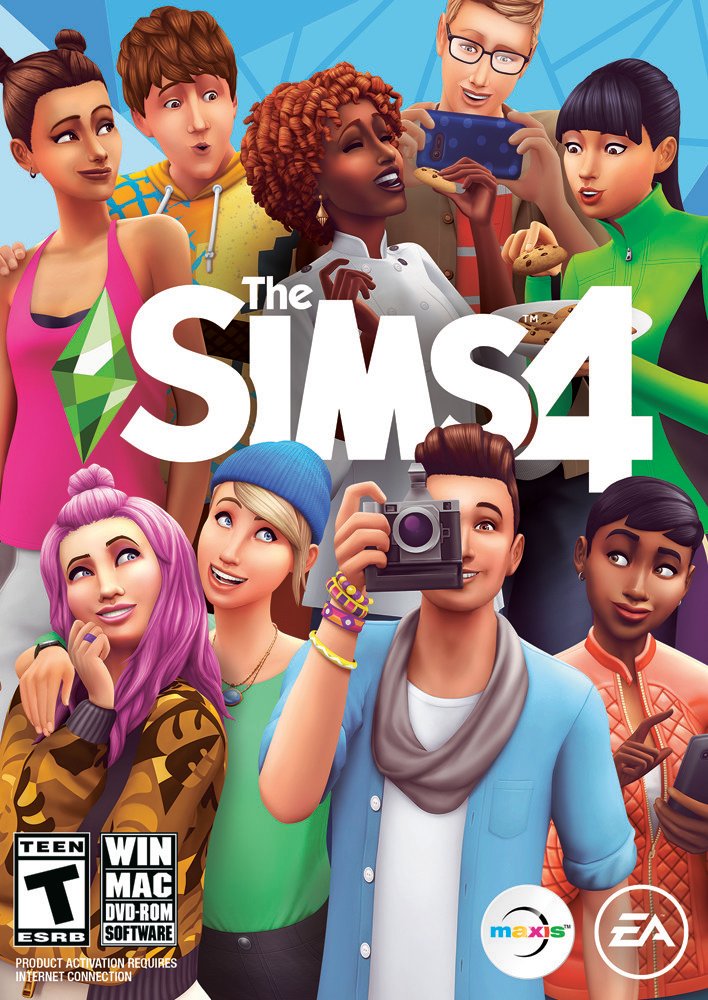
Make a person — or a few
Create the life you want in The Sims. In Sims 4, the possibilities seem to be endless, with a robust character creator, and a ton of expansions to get you started.
Undertale — Toby Fox
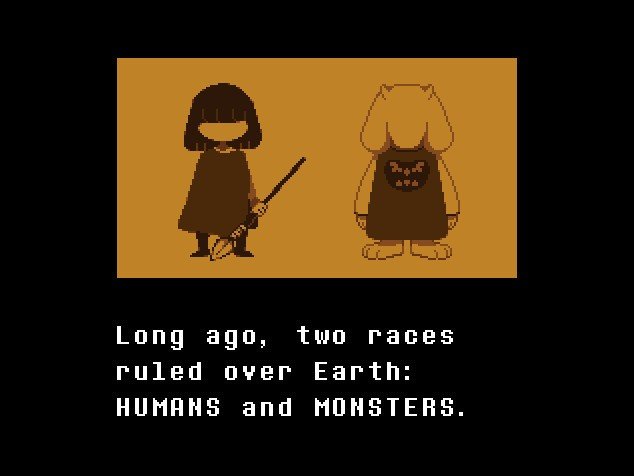
Undertale is arguably one of the internet's favorite games. This indie RPG about a child that falls into a world of monsters might seem creepy on the surface, but it's filled with a lot of humor and a diverse group of characters. Two sets of characters are in same-sex relationships, which doesn't hurt in how well the game was received by fans. Alphys and Undyne, for instance, are two monsters in love and you get to watch their relationship grow as you play through the Pacifist Route. You can also discover that two other minor NPCs are in love if you decide to spare them in battle. Undertale is a game with a lot of heart, but that it preaches representation and love in a game that's technically about killing monsters is what made it such a success.
Carli contributed gaming content across Windows Central, Android Central, and iMore. Her last name also will remind you of a dinosaur. F
